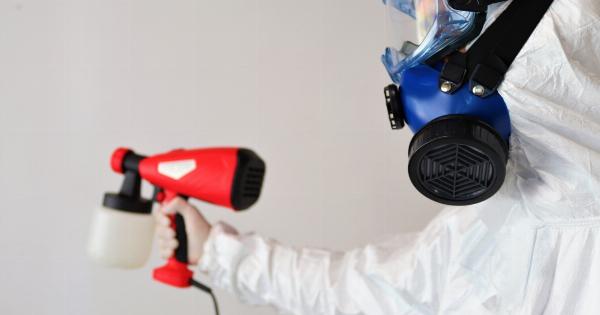For years, BPA (Bisphenol A) has been a major concern for consumers and health officials. BPA is a chemical found in various plastic containers and in the lining of many canned foods and beverages.
Research has shown that BPA can negatively impact human health. It is particularly harmful for infants and young children, as it can affect their brain development and lead to behavioral and developmental problems.
In response to the concerns about BPA, many companies have started producing BPA-free products. However, it turns out that the alternative to BPA, BPS (Bisphenol S), may not be any better.
What is BPS?
Bisphenol S (BPS) is a chemical compound with a similar structure to BPA. It is often used as a replacement for BPA in various consumer products, including plastic containers and thermal paper (such as receipts and bus tickets).
While BPS was initially thought to be a safer alternative to BPA, recent studies have shown that it may be just as harmful, if not more so.
The Dangers of BPS
Research has shown that BPS can have similar, if not worse, effects on human health compared to BPA. Some studies have found that exposure to BPS can lead to:.
- Disruption of the endocrine system
- Increased risk of breast cancer
- Impaired brain development
- Increased risk of obesity and diabetes
BPS has also been found to be harmful to aquatic life, as it can disrupt hormones in fish and amphibians.
The Problem with BPA-Free Claims
Many companies have started using BPS instead of BPA and advertising their products as “BPA-free”. However, this may be a misleading claim, as BPS is just as harmful, if not more so, than BPA.
In addition, some companies have started using other similar chemicals, such as Bisphenol F (BPF) and Bisphenol AF (BPAF), which may also have negative health effects.
What Can You Do?
If you are concerned about the health effects of BPS and other similar chemicals, there are steps you can take:.
- Avoid plastic containers with recycling codes 3 or 7, as these may contain BPA, BPS, or other harmful chemicals
- Avoid canned foods and beverages whenever possible
- Use glass or stainless steel containers for food and beverages
- Ask for electronic receipts instead of paper receipts
- Encourage companies to use safer alternatives to BPA, BPS, and other harmful chemicals
By taking these steps, you can reduce your exposure to harmful chemicals and protect your health.
The Bottom Line
BPS may be the new BPA, but that doesn’t mean you have to accept it. With increased awareness and action, we can encourage companies to use safer alternatives and reduce our exposure to harmful chemicals.






























